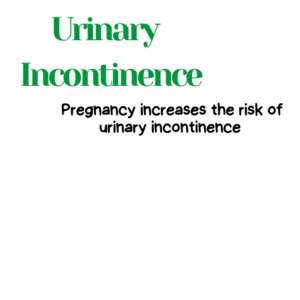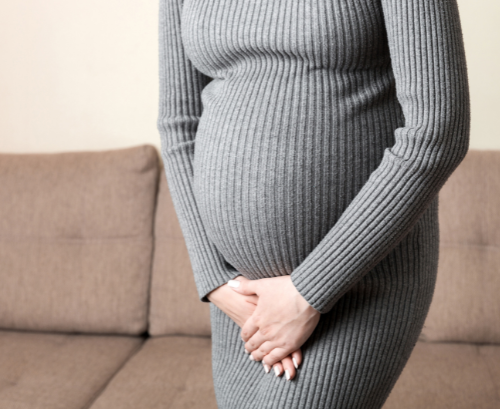Here are some tips for a healthy bladder:
- Do pelvic floor exercises regularly during pregnancy. Click here for information on how to do them
- Drink plenty of fluid to keep you hydrated. Top tip: look at the colour of your pee. The ideal wee should have a good amount with little or no smell, a dribble is not enough.
- Limit the amount of caffeine, fizzy drinks, alcohol, fruit juices and anything that contains caffeine, as they all irritate your bladder and make you need the toilet more often. Smoking also irritates the bladder.
- Constipation is related to urinary incontinence. Pressure from a full bowel and too much strain can weaken your pelvic floor muscles and make it harder to control your urine. Excessive weight gain can also increase the pressure over your bladder. Top tip: Eat a healthy balanced diet with plenty of fibre and exercise regularly.
- When passing urine, pay attention to the flow (weak or slow), feeling of emptiness (do you think you still need to go but you can't?) and hesitancy (trouble starting to pee or maintaining the flow). Top tip: Later in pregnancy, some women find it helps to rock backwards and forwards while they're on the toilet. This lessens the pressure of the womb on the bladder so you can empty it properly.
How Much Caffiene should you take?
You can have caffeine, but no more than 200mg per day. Regularly drinking more than this amount can increase your risk of pregnancy complications, such as low birthweight, and even miscarriage.
There is:
- 100mg in a mug of instant coffee
- 140mg in a mug of filter coffee
- 75mg in a mug of tea (green tea can have the same amount of caffeine as regular tea)
- 40mg in a can of cola
- 80mg in a 250ml can of energy drink
- less than 25mg in a 50g bar of plain dark chocolate
- less than 10mg in a 50g bar of plain milk chocolate



